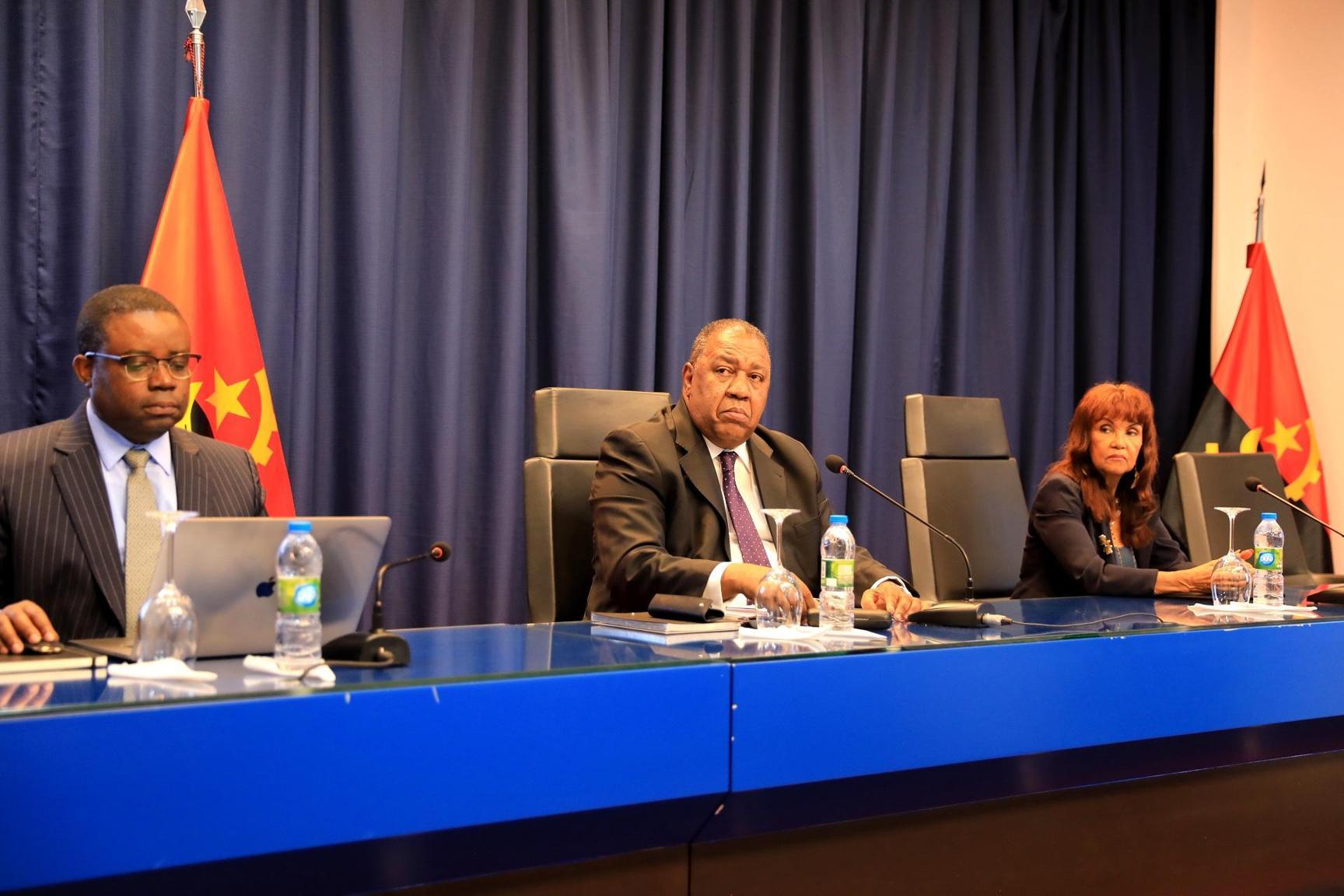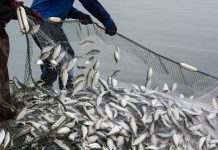Africa-Press – Angola. The members of the Angolan Economic and Social Council (CES) pointed out this Friday, in Luanda, the agricultural sector as a key factor for the social, economic and business development of the country.
According to the members of that body, agriculture plays a fundamental role for the country’s growth and development, as it is a transversal sector that allows the development of other value chains and diversifies the so desired economic diversification.
But for that to happen, it is necessary to give priority to training and training staff to overcome the deficit of agricultural knowledge existing in the country, as advocated by the advisory member of the CES business area, Wanderley Ribeiro.
Speaking to the press, on the sidelines of the second plenary meeting of the Economic and Social Council, held friday in the country’s capital, the also agricultural entrepreneur recalled that the country still has a “very large” deficit of knowledge and researchers in the agricultural field, a fact hindering the development of agriculture.
Who also corroborates the same thought is the advisor for the social area of CES, Armando Valente, who warns of the need to place agriculture at the center of the most important political and economic decisions in the country.
According to this adviser, the agrarian schools of higher education are still poorly served, with insufficient laboratories and areas for practical classes.
As an example, he advanced, the country “does not have a school of tractor drivers or operators of agricultural machinery”, a fact that inhibits investment in the agricultural sector.
In view of this scenario, it calls for greater investment and equipping in the existing agricultural medium and higher schools in Angola.
On the other hand, Armando Valente advocates the promotion of a multisectoral and inclusive debate that gathers consensus, in order to define a specific model for the Angolan agricultural sector.
“The model of agricultural development should result from a broad debate between agriculture makers, scholars, the Government and other interested parties, with a view to reducing poverty and reducing the population exodus from rural areas to cities”, he underlined.
He also defended the construction of two motorways, one connecting the provinces of Cunene and Malanje and the other from Benguela to Moxico (Luau).
As a result, he said, it will be necessary to create a logistics city in Camacupa (Bié) to facilitate exchanges between producers in the east and consumers on the coast.
For the industrial sector, adviser Nuno Borges proposes a national strategy for promoting the manufacturing industry, focusing on the transformation of goods produced in Angola.
It considers the country’s industrial deficit as an issue that must be overcome urgently, with a view to promoting the development of the industry and honoring the commitments assumed at regional and global level.
For example, at SADC level, the source recalled that Angola is committed to achieving around 50 percent of exports of manufactured goods in the country, as well as employing 40% of the workforce in the industrial sector.
According to Nuno Borges, this target is still much lower than expected, with the transformation of only 3% of local products, the same percentage for the job market.
At the end of the second plenary meeting of the Economic and Social Council, the coordinator of this body, José Van-Dúnem, assured that the proposals coming out of that plenary session will be delivered, shortly, to the President of the Republic, for possible decision-making and to respond to the previously identified problems.
According to the coordinator, this meeting approved concrete proposals for mitigating the social impact of the gradual withdrawal of fuel subsidies, as well as proposing emergency policies to reinforce the program to combat hunger and poverty.
With the respective proposals, he hoped, the CES hopes that the problems of the economic, business and social sector that families face will be reduced.
During the meeting, which essentially aimed to outline concrete actions for the most varied domains of the country’s socio-economic life, the members of the CES reflected on topics such as “The removal of the fuel subsidy in Angola: implementation and effect, impact in the short and long term”.
Among the various subjects discussed, the following also stood out: “The dynamization of agricultural production and the facilitation of trade”, “National strategy for the promotion of the manufacturing industry”, “Strategic vision on the development of business and family agriculture in Angola” and “Irrigation infrastructures in the fight against climate uncertainty”.
For the social area, the themes “Hunger and poverty” and “Agricultural and agro-industrial development as a factor for the country’s development” were analyzed.
The Economic and Social Council is a body for consultation and interaction, which allows the Holder of Executive Power to receive contributions from the business community, cooperatives, the academic scientific community, associations that deal with the socio-economic development of women and young people in aspects of programming and execution of national development tasks.
For More News And Analysis About Angola Follow Africa-Press






